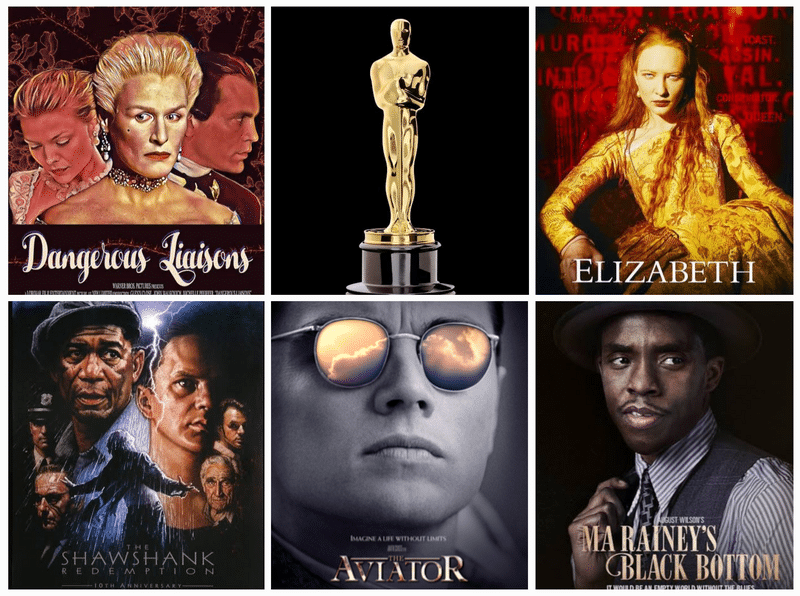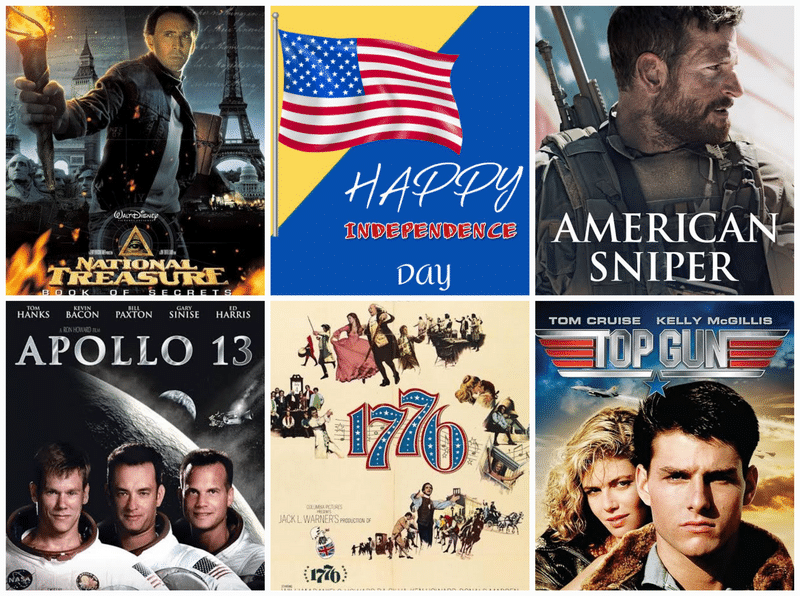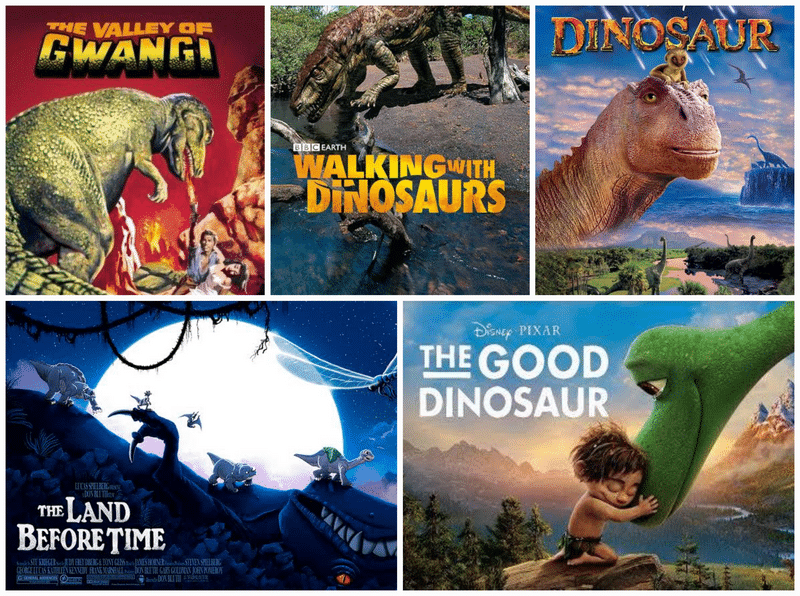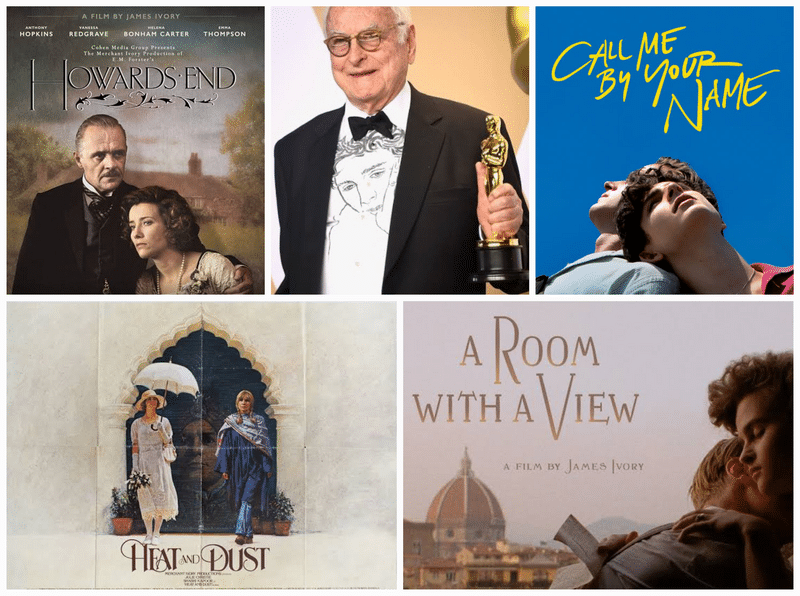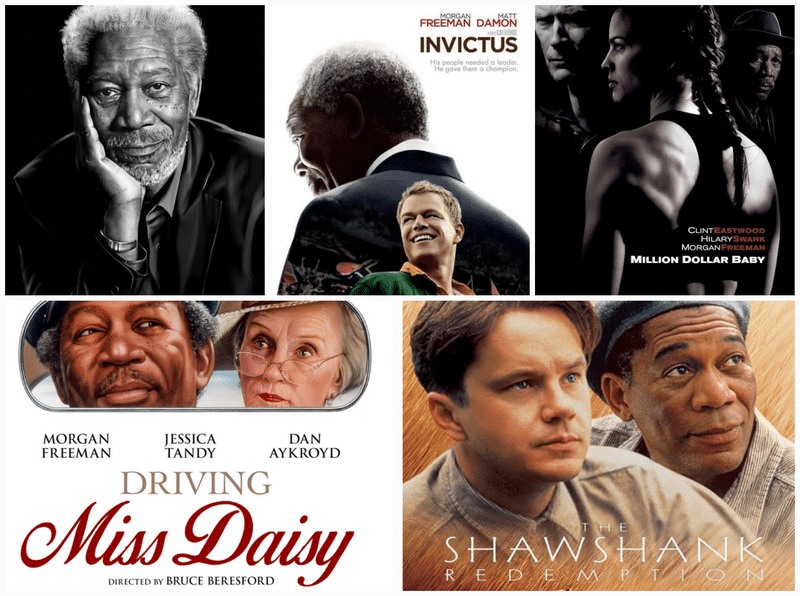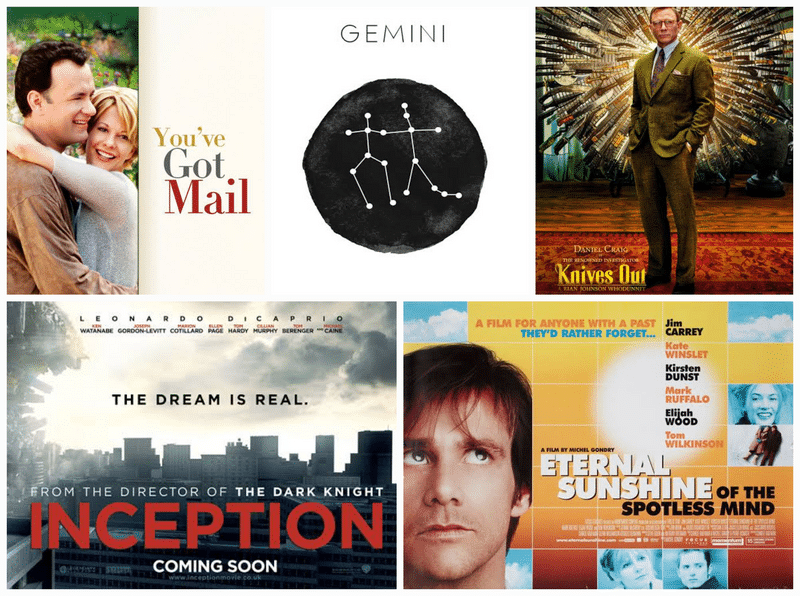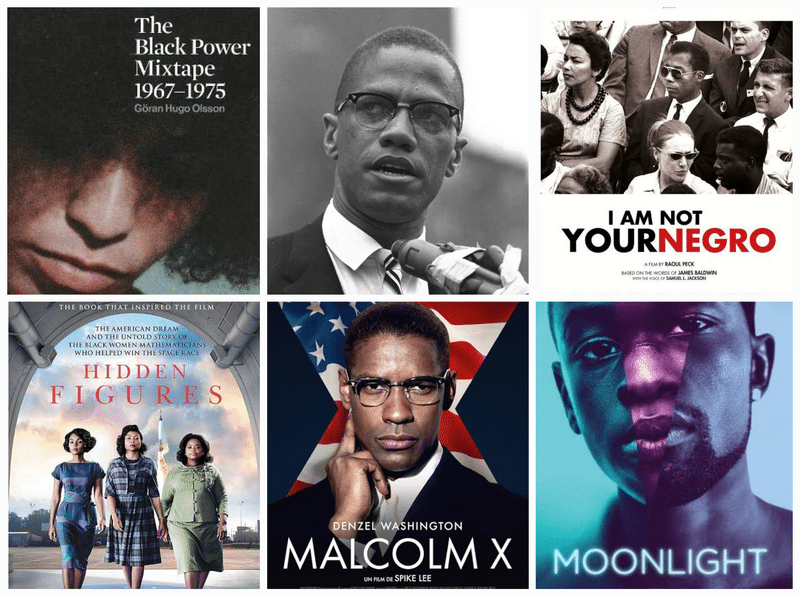Oscar upsets occur when an unexpected film or performance wins the coveted Academy Award, usually in defiance to the audience/industry favorite. The upset of the 2025 Oscar ceremony was Demi Moore losing out to Mikey Madison in the Best Actress category, with some angry viewers demanding a re-voting and re-awarding in favor of Moore, who has swept most of the big awards for her acclaimed performance in The Substance.
It is not the first time that such an event has occurred, as the history of the Academy Awards is dotted with both surprising and arbitrary upsets. This article recalls the big Oscar upsets that continue to stay in public memory:
Glenn Close
Glenn Close is one of the greatest actresses ever, yet she has never won an Oscar. Her best shot came in for Dangerous Liaisons (1988), but Jodie Foster won for The Accused. In 2019, after winning the Golden Globe for The Wife, everyone thought Glenn was finally getting her long-overdue Oscar. But in a shocking twist, Olivia Colman won for The Favourite. Even Colman was so surprised that she apologized to Close in her speech. Despite multiple nominations, Glenn remains Oscar-less, turning her losing streak into one of Hollywood’s biggest running jokes—though her talent is no laughing matter.
Morgan Freeman
Morgan Freeman received a Best Actor nomination at the 1995 Academy Awards for his role in The Shawshank Redemption, but he lost to Tom Hanks, who won for Forrest Gump. Even the film itself was nominated in seven categories, including Best Picture, Best Adapted Screenplay, and Best Cinematography, but failed to win any awards.
Many among the critics and audiences believe The Shawshank Redemption was overshadowed by the overwhelming success of Forrest Gump, which dominated most major categories that year. Despite this rather unfair Oscar snub, Freeman’s performance remains one of his most celebrated ones and the film has since gained widespread recognition as a classic.
Cate Blanchett
Cate Blanchett’s performance in Elizabeth (1998) was widely praised, and nearly everyone expected her to win the Oscar for Best Actress. However, Gwyneth Paltrow’s victory for Shakespeare in Love (1998) surprised critics and audiences alike, becoming one of the most debated Oscar upsets.
Many attributed Paltrow’s win to Harvey Weinstein’s aggressive campaigning, which overshadowed Blanchett’s commanding portrayal of Queen Elizabeth I. The controversy intensified over time, as Blanchett later won two Oscars for other roles, while Paltrow’s win remains a point of contention in Academy history. Blanchett’s loss is still cited as a classic example of Oscar politics over performance.
Leonardo DiCaprio
Leonardo DiCaprio has faced multiple Oscar upsets despite delivering remarkable performances throughout his career, with The Aviator (2004) standing out as a particularly egregious snub. Leonardo DiCaprio delivered a masterful performance as Howard Hughes, and his portrayal of Hughes’ brilliance and tragic descent into obsessive-compulsive disorder was both authentic and compelling. Despite this transformational performance, the Oscar went to Jamie Foxx for Ray (2004). While Foxx’s portrayal of Ray Charles was also praised, a number of critics and fans viewed DiCaprio’s loss as an upset, citing him as the deserving winner of the award.
Chadwick Boseman
The late Chadwick Boseman was widely expected to win Best Actor at the 2021 Academy Awards for Ma Rainey’s Black Bottom, but the award went to Anthony Hopkins for The Father, subsequently sparking backlash. Many fans and industry figures were upset, not just over Boseman’s loss but also the way the moment played out, as the show ended abruptly with Hopkins absent. Boseman, who died in 2020 from colon cancer, was the first Black actor to receive a posthumous nomination. While several expressed disappointment, others believed his legacy should be honored through meaningful work rather than awards.
Hopkins, 83, was not present, as the Academy barred Zoom acceptances due to COVID-19 restrictions. Reports suggest he was asleep when his name was announced. With no speech or tribute, the night ended abruptly. Later, a surprised Hopkins recorded a humble acceptance speech from his living room.

